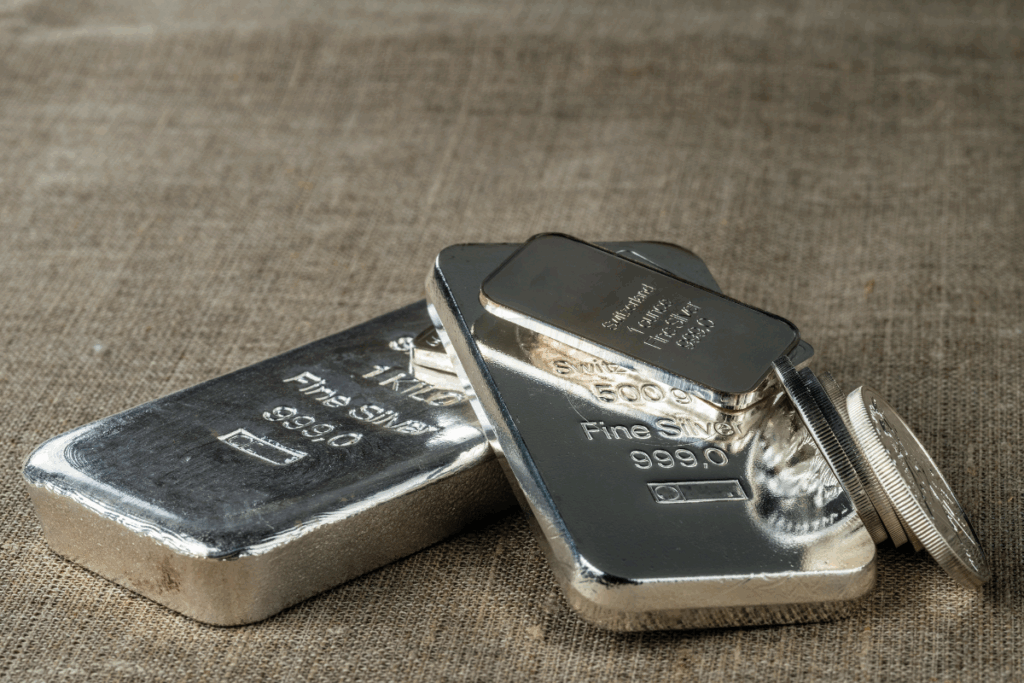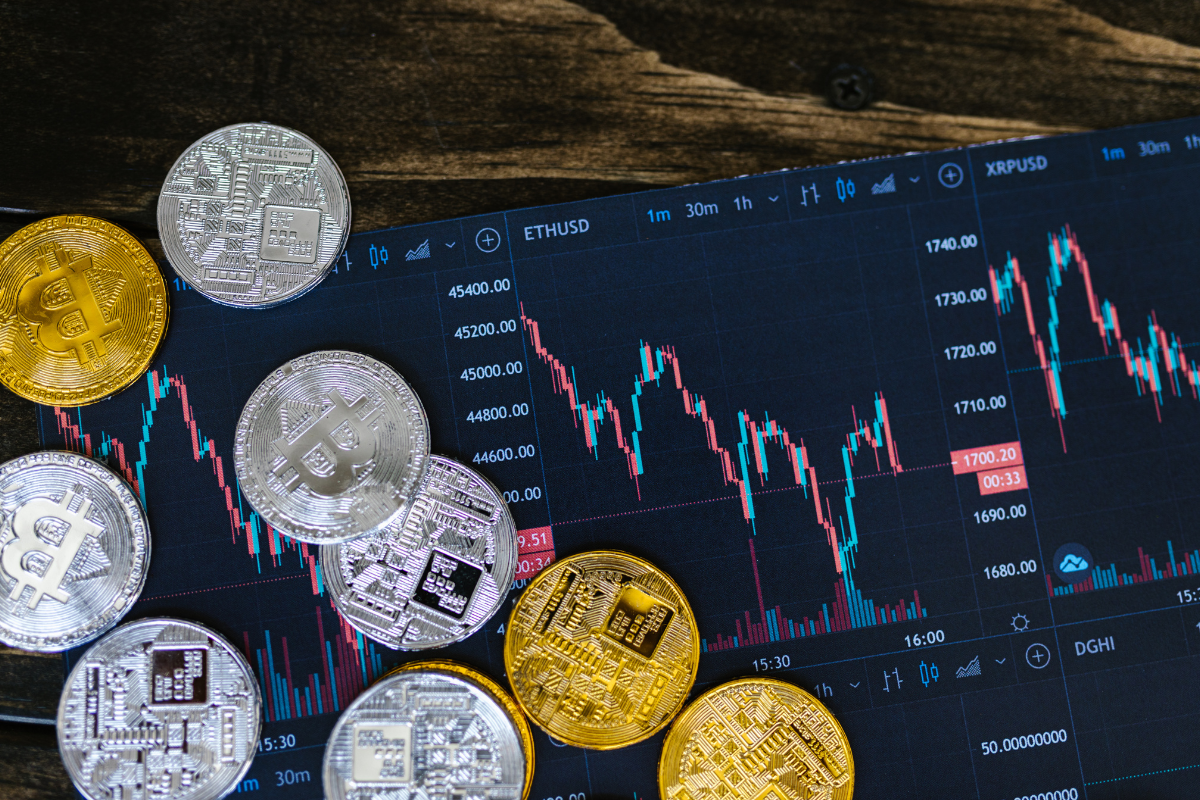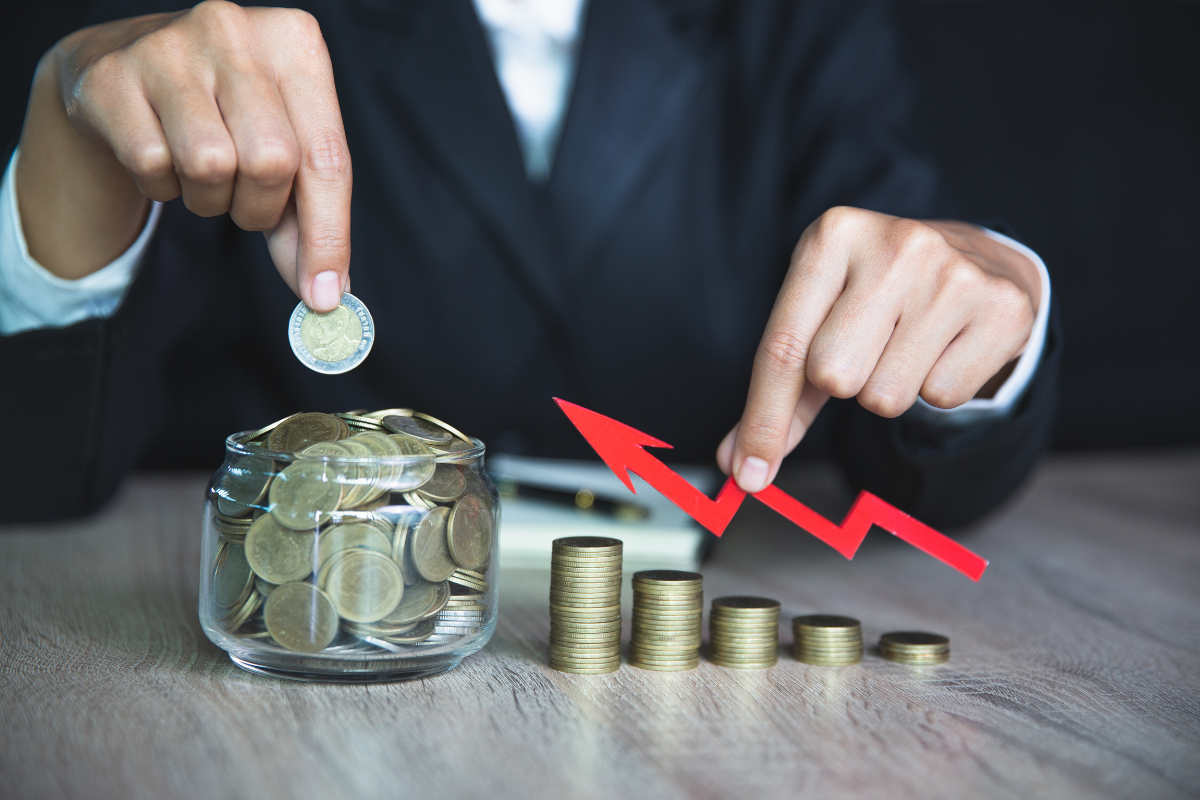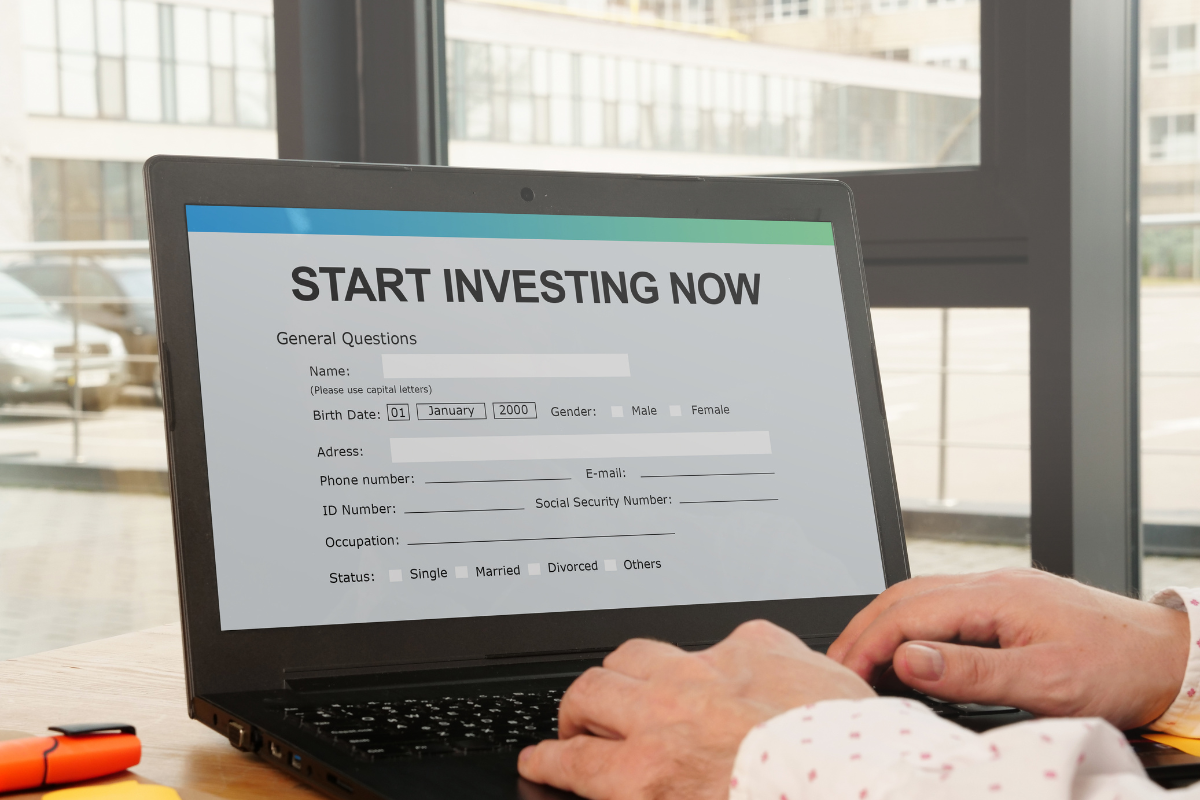In times of economic uncertainty and rising inflation, precious metals like silver have become increasingly popular among investors looking to preserve wealth and hedge against market volatility. While gold often takes centre stage, silver offers its own distinct advantages—combining affordability, strong industrial demand, and long-term value. In Singapore, silver investment is particularly appealing due to its tax-free status when classified as Investment Precious Metals (IPM), along with the country’s stable political climate, robust financial regulation, and secure storage infrastructure. Whether you’re a first-time buyer or a seasoned investor diversifying your portfolio, Singapore provides a reliable and transparent environment for acquiring physical silver. From bullion dealers offering global coin selections and vaulting services to unallocated silver accounts via local banks, there are multiple entry points to suit different investment strategies. This guide will walk you through the essentials—from understanding what qualifies as IPM and where to buy physical silver, to practical buying tips, storage options, and selling considerations—so you can make informed, confident decisions on your silver investment journey.
Why Invest in Silver in Singapore?
Silver holds dual appeal: it’s both a monetary metal and an industrial commodity. It is widely used in solar panels, electronics, and medical equipment, making its demand more resilient than gold’s. As a store of value, silver can protect against currency devaluation and inflation.
Singapore offers one of the most investor-friendly environments for precious metals. Investment Precious Metals (IPM), including qualifying silver bars and coins, are exempt from Goods and Services Tax (GST). The country’s strong legal infrastructure, low corruption, and secure storage options make it an ideal place to purchase and hold silver.
Investors can gain exposure to silver through various methods, including:
- Physical silver (bars and coins)
- Silver ETFs (exchange-traded funds)
- Mining stocks
- Paper accounts (such as silver savings accounts)
However, this guide will focus primarily on physical silver, prized for its direct ownership and lack of counterparty risk.
Understanding Investment Precious Metals (IPM) in Singapore
Singapore’s GST exemption for IPM ensures that buyers do not pay an additional 9% tax when purchasing qualifying silver products. To be considered IPM, silver must:
- Have a purity of at least 99.9%
- Be tradable on the international bullion market
- Bear a recognized hallmark from a reputable refiner
- Not be considered jewellery, collectibles, or decorative items
Examples of non-IPM silver include:
- Silver jewellery
- Scrap silver
- Bars or coins that are holed, engraved, or decorative
- Silverware or numismatic coins not listed on recognised exchanges
Always confirm that the product you’re purchasing is classified as IPM by checking with the dealer or consulting the Inland Revenue Authority of Singapore (IRAS).
Where to Buy Physical Silver in Singapore
Reputable Bullion Dealers
Several established bullion dealers in Singapore offer a wide range of silver products:
- BullionStar – Offers an extensive selection of silver coins and bars, transparent pricing, and integrated storage solutions.
- Indigo Precious Metals – Specialises in high-purity bullion and offers global vaulting services.
- GoldSilver Central – MAS-licensed and offers both physical bullion and digital precious metals trading.
- Silver Bullion – Known for its S.T.A.R. storage system and detailed buyback policies.
- GVS Asia Pacific – Offers Swiss-minted bullion products and vaulting services.
These dealers typically provide:
- Online and showroom purchases
- Live pricing linked to global markets
- Storage solutions, both local and overseas
Tip: Always compare premiums (the cost above the spot price) and check customer reviews on platforms like Silver Bullion’s reviews.
Banks
- UOB offers a Silver Savings Account (SSA), which allows customers to buy and sell unallocated silver in grams. While convenient, this form of investment does not give you ownership of physical silver.
- OCBC provides a Precious Metals Account, mostly focused on gold but with some exposure to silver.
Pros of bank accounts: Ease of access, no storage issues
Cons: Unallocated silver carries counterparty risk, no direct control or physical delivery
Key Considerations When Choosing a Vendor:
- Reputation and years in operation
- Premiums and fees
- Product variety (bars, coins, mints)
- Buyback policy
- Storage services
- Customer support and transparency
Types of Physical Silver to Buy
Silver Bars
- Available in sizes from 1 oz to 1 kg or more
- Lower premiums per ounce compared to coins
- Easier to store in bulk
- Ideal for long-term storage and larger investments
Silver Coins
- Popular sovereign mint coins include:
- Canadian Silver Maple Leaf
- British Silver Britannia
- American Silver Eagle
- Australian Kangaroo
- Coins are easier to trade in small amounts and often recognised globally
- Typically carry higher premiums due to minting costs and collectibility
Important: Always choose silver with a purity of at least 99.9% (999 fine) for investment purposes.
Storage Options for Physical Silver
Home Storage
Pros: Immediate access, no recurring fees
Cons: Risk of theft, fire, or damage. Home insurance may not fully cover bullion.
Third-Party Vaulting Services
Most bullion dealers offer secure vaulting options, often in tax-free bonded warehouses. Options include:
- BullionStar’s The Vault
- Silver Bullion’s S.T.A.R. Storage
- Malca-Amit through Indigo Precious Metals
Vaulting services offer:
- Allocated storage: The silver is yours, physically separated and documented.
- Unallocated storage: You own a claim, but not specific bars or coins.
Always opt for allocated and segregated storage when security and ownership clarity are paramount.
Important Considerations Before Buying
- Spot Price vs. Premium: Spot price is the market price per ounce. The premium includes minting, dealer margin, and transport costs.
- Market Volatility: Silver is more volatile than gold—this can mean higher potential gains but also sharper short-term losses.
- Liquidity: Choose widely traded products (e.g., Maple Leafs, Britannias) for easier resale.
- Authentication: Reputable dealers sell LBMA-approved or assay-certified products.
- Due Diligence: Don’t rush—compare products, storage terms, and dealer credentials.
- Know Your Strategy: Understand your investment goals—long-term wealth preservation, inflation hedge, or speculative gains.
The Buying Process (Step-by-Step)
- Research dealers and compare products and reviews.
- Create an account with your chosen dealer (KYC documents required).
- Monitor spot prices and check the premium for your preferred products.
- Place an order—either online or in person.
- Make payment via bank transfer, credit card, or crypto (varies by dealer).
- Choose collection or storage—either pick up at the showroom or opt for secure vaulting.
Selling Silver in Singapore
Most dealers who sell silver also offer buyback services. The selling process usually involves:
- Providing purchase details or serial numbers
- Authentication of your silver product
- Receiving payment (often same-day for in-person sales)
Buyback prices depend on current spot rates and the product type (coins typically fetch slightly more than bars due to recognisability).
Conclusion

Singapore offers an outstanding environment for buying and holding silver—from tax advantages to robust storage solutions and trusted dealers. Physical silver provides real ownership and a hedge against economic instability, especially for investors looking to diversify beyond stocks and fiat currency.
Whether you’re new to silver or a seasoned investor, a well-planned, research-driven approach is key. Choose the right products, ensure proper storage, and stay informed about market trends.
Start your silver investment journey today—your future portfolio may thank you.



